Hope Looyenga carried an innocent-looking mole on her back all her life.
But in late 2016, it began to change.
“My mom, husband and best friend said something to me,” said Looyenga, a Jenison, Michigan, resident. “I went to the doctor and she said, ‘Yeah, we’ll take it off.’ She took it off in her office.”
Little reason for concern, the doctor told her, but she would send it in for testing as a precaution.
“Like a week later, on Veterans day, she called me at work and told me it was melanoma,” Looyenga said. “She made it sound pretty urgent. She said it was pretty deep and pretty fast growing. I was pretty shocked.”
Her doctor referred her to the Spectrum Health Melanoma Multispeciality Clinic at the Lemmen-Holton Cancer Pavilion.
Trembling, Looyenga walked to a nearby private bathroom to call her husband, Drew.
“I cried a little,” she said.
But Looyenga, a huge HGTV fan, is also a fan of repairing things that need fixing. Whether it’s a home makeover or a new paint color, she’s willing to do what it takes.
About a week later, she consulted with a dermatologist, oncologist, surgeon and nurse navigator who would guide her medical journey.
“They all did an assessment and basically decided they would do a biopsy of my lymph nodes because of how deep it was and they wanted to remove more (tissue) around where the mole originally was,” Looyenga said. “When they first took the mole, they just took a small area.”
Doctors used nuclear medicine to observe lymph flows from the mole in December of that year.
“They biopsied the lymph nodes on both sides and they ended up coming back positive (for cancer),” she said.
In February 2017, she underwent surgery to remove lymph nodes from both armpits.
“I was pretty much flat on the couch for the first couple of weeks,” she said. “I couldn’t even push myself up. My husband was wonderful throughout that whole time, helping me get in and out of bed, making food, doing everything at home. My church and family brought lots of meals and lots of prayers.”
Doctors placed a port so Looyenga could receive Keytruda, a type of immunotherapy.
“I had an infusion for a half-hour every three weeks,” Looyenga said. “I would have to get blood work and labs ahead of time, so I was there two to three hours every three weeks. I did that for 11 months.”
Fortunately, she didn’t experience any unbearable side effects.
“I was just a little tired,” she said. “I ended up taking a lot of naps that year.”
All seemed well after that. Looyenga regained strength and returned to work as a nurse tech.
But in March 2018, terror returned.
“I had a small lump in my left armpit,” she said. “I could feel it. I went in and had scans done. I kind of knew what was coming.”
Scans confirmed what she feared. She went to see G. Paul Wright, MD, a surgical oncologist and melanoma specialist at Spectrum Health.
“He said there was a small possibility it was an inflamed lymph node, but he was pretty certain it was melanoma,” Looyenga said.
Dr. Wright performed surgery in early April 2018.
“That surgery was not nearly as bad as the one I had in February of 2017,” she said. “It was much less invasive. I was off work for only two weeks. I’m still a nurse tech and I was able to start nursing school (at Grand Valley State University) in May of 2018.”
Going through all her health trials invigorated her commitment to nursing school.
“I had decided to go to nursing school before all this happened, but it definitely reinforced that I’m doing the right thing,” she said.
More recently, Looyenga has been on a targeted cancer therapy program, taking pills twice a day. But the pills cause side effects.
“I felt like I had the flu for a month and a half,” she said. “I had high fevers and terrible chills. I took pills at 10 in the morning, I’d go to (nursing) school and be sick all afternoon. Then, I’d have to take them again at night. During the night I’d feel really sick.”
But the discomfort has been worth it.
“Dr. Wright was the one who knew about the medication because it was so brand new,” Looyenga said. “They genetically tested the tumor and this medicine specifically targets stopping that mutation.”
Dr. Wright said the targeted therapy drugs focus on the specific mutation found in Looyenga’s melanoma.
“This BRAF mutation is present in 40 to 50 percent of melanomas and a combination of two pills can be used to treat these types,” Dr. Wright said.
Dr. Wright said Looyenga is doing well after a year of targeted therapy.
“Her prognosis is good as we have developed an ever-increasing number of treatments for melanoma, so that even if she experiences a recurrence, we will have many options at our fingertips to treat it,” he said. “The future is bright.”
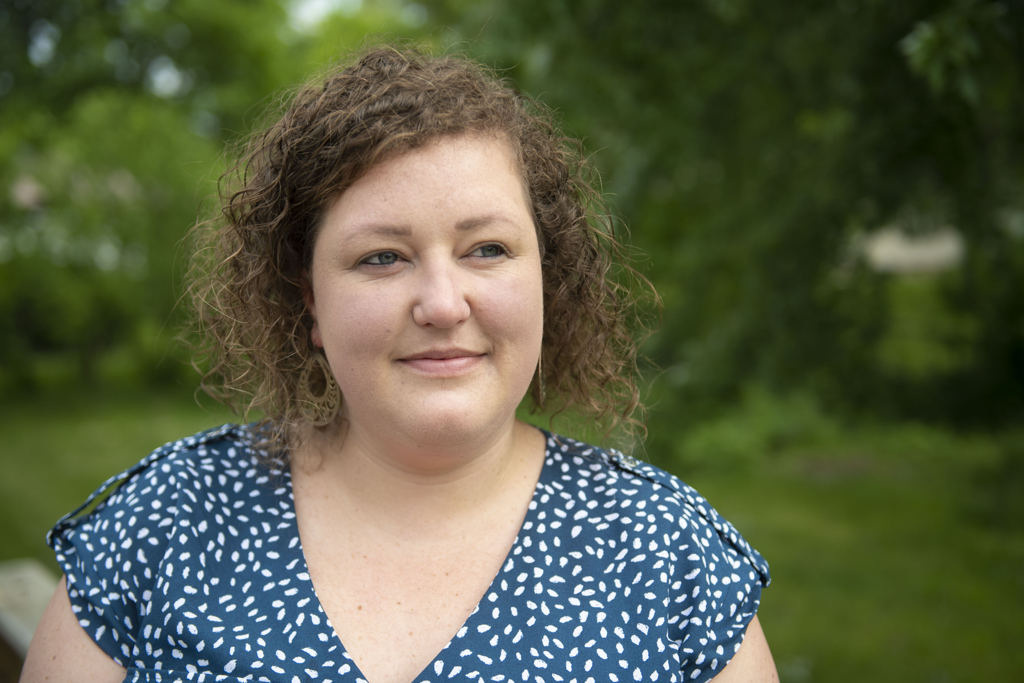
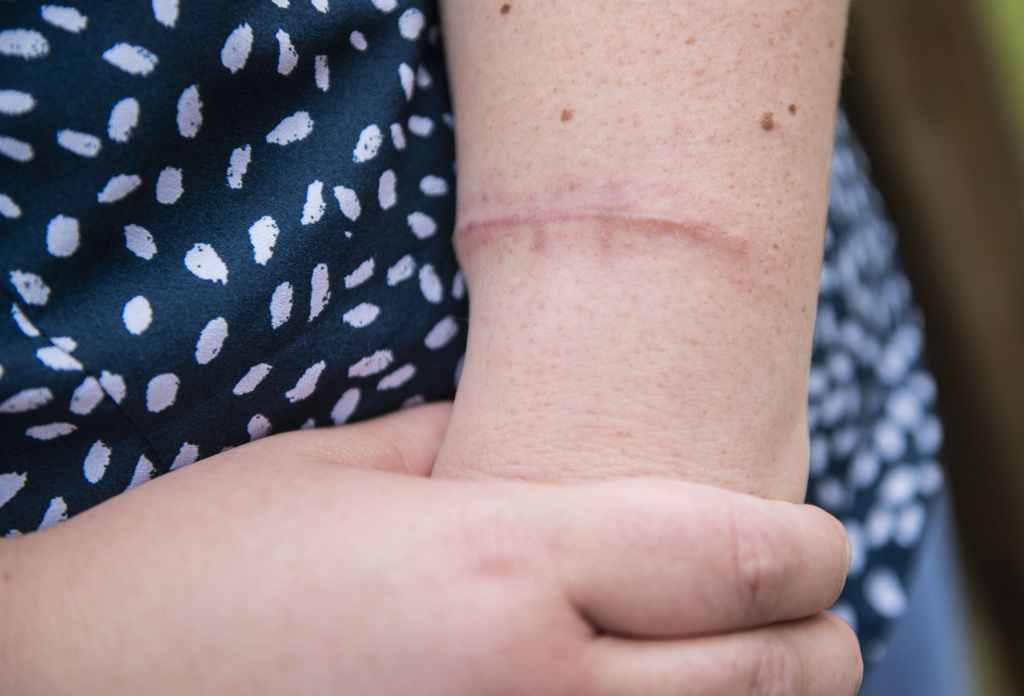
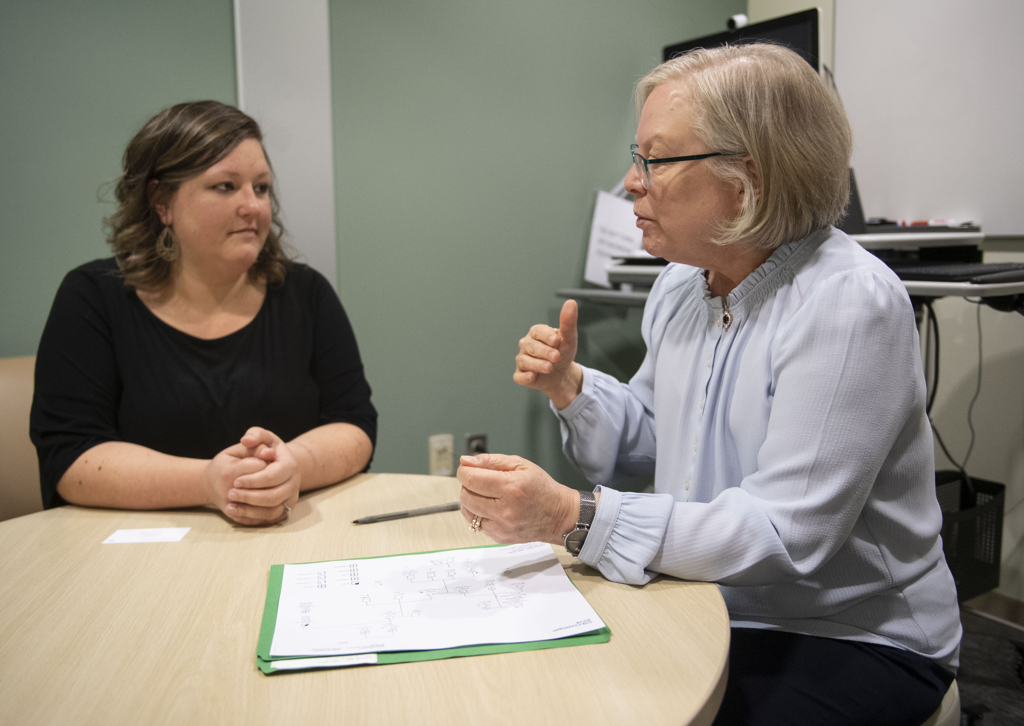

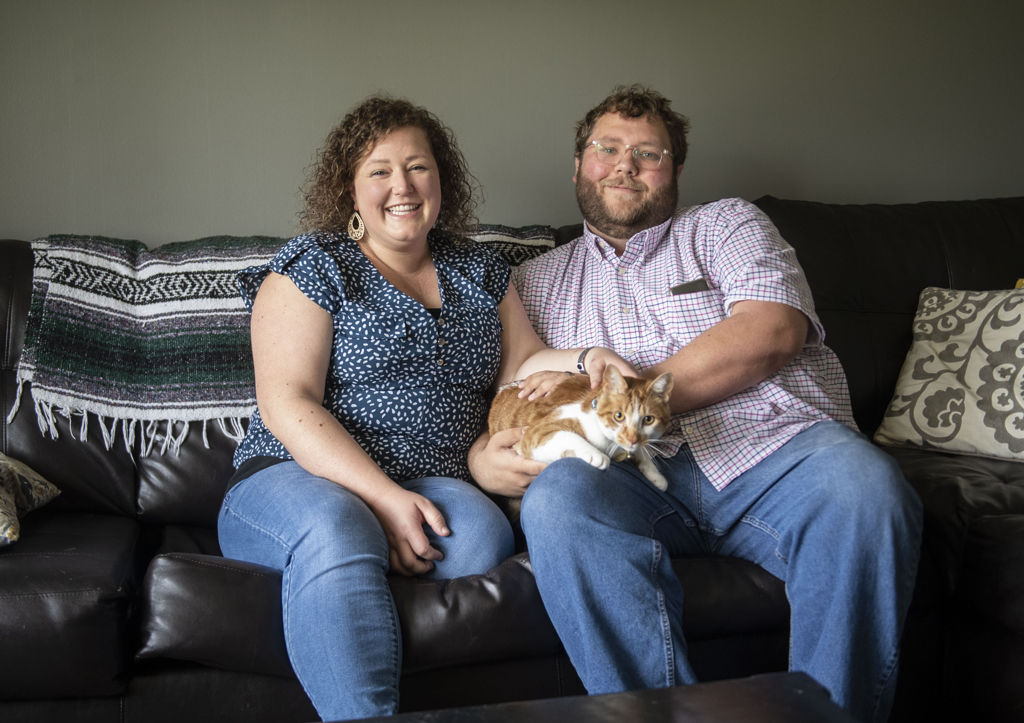
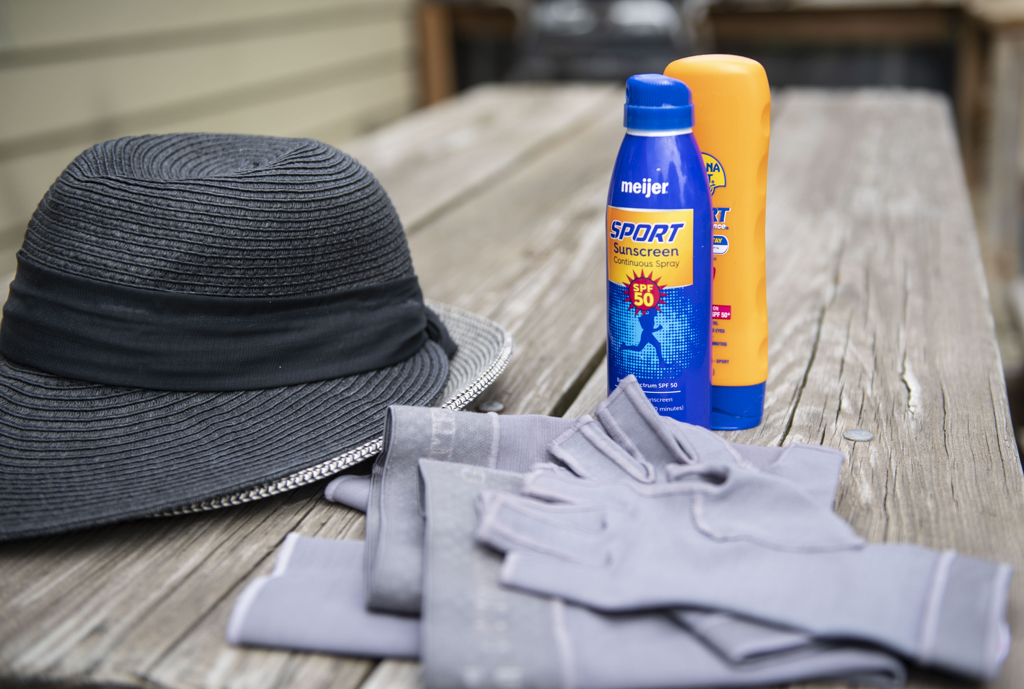
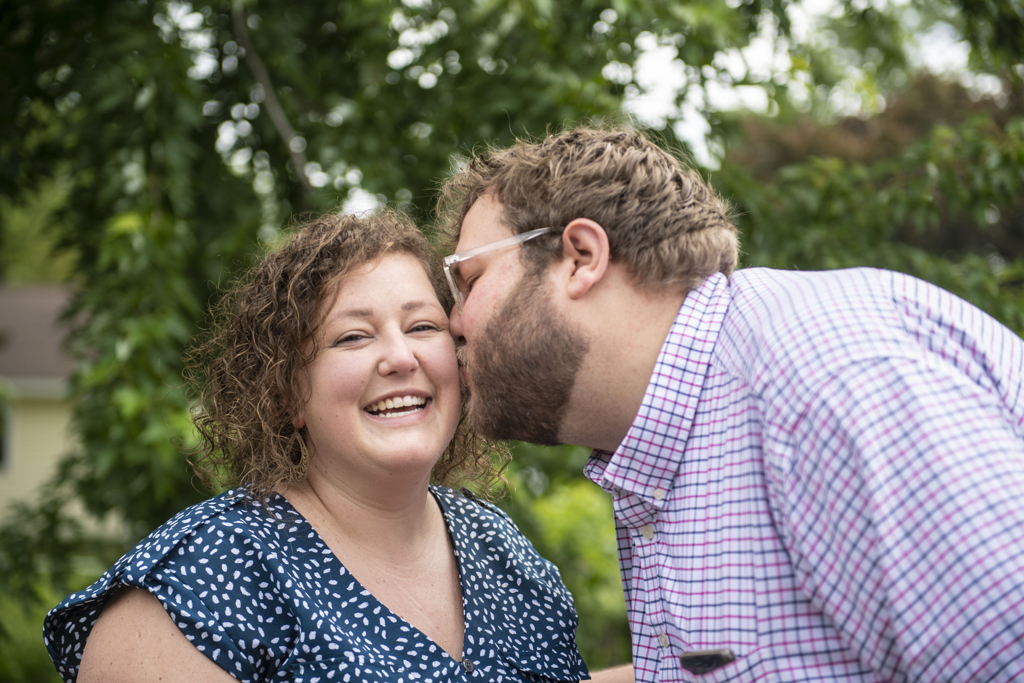

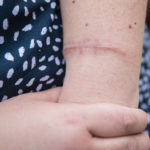
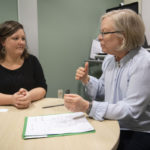

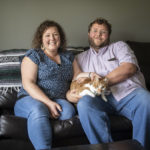



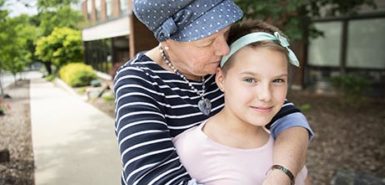 /a>
/a>
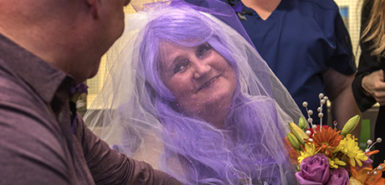 /a>
/a>
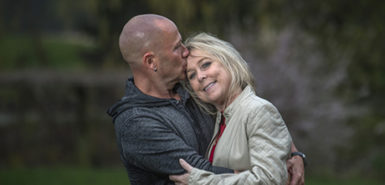 /a>
/a>